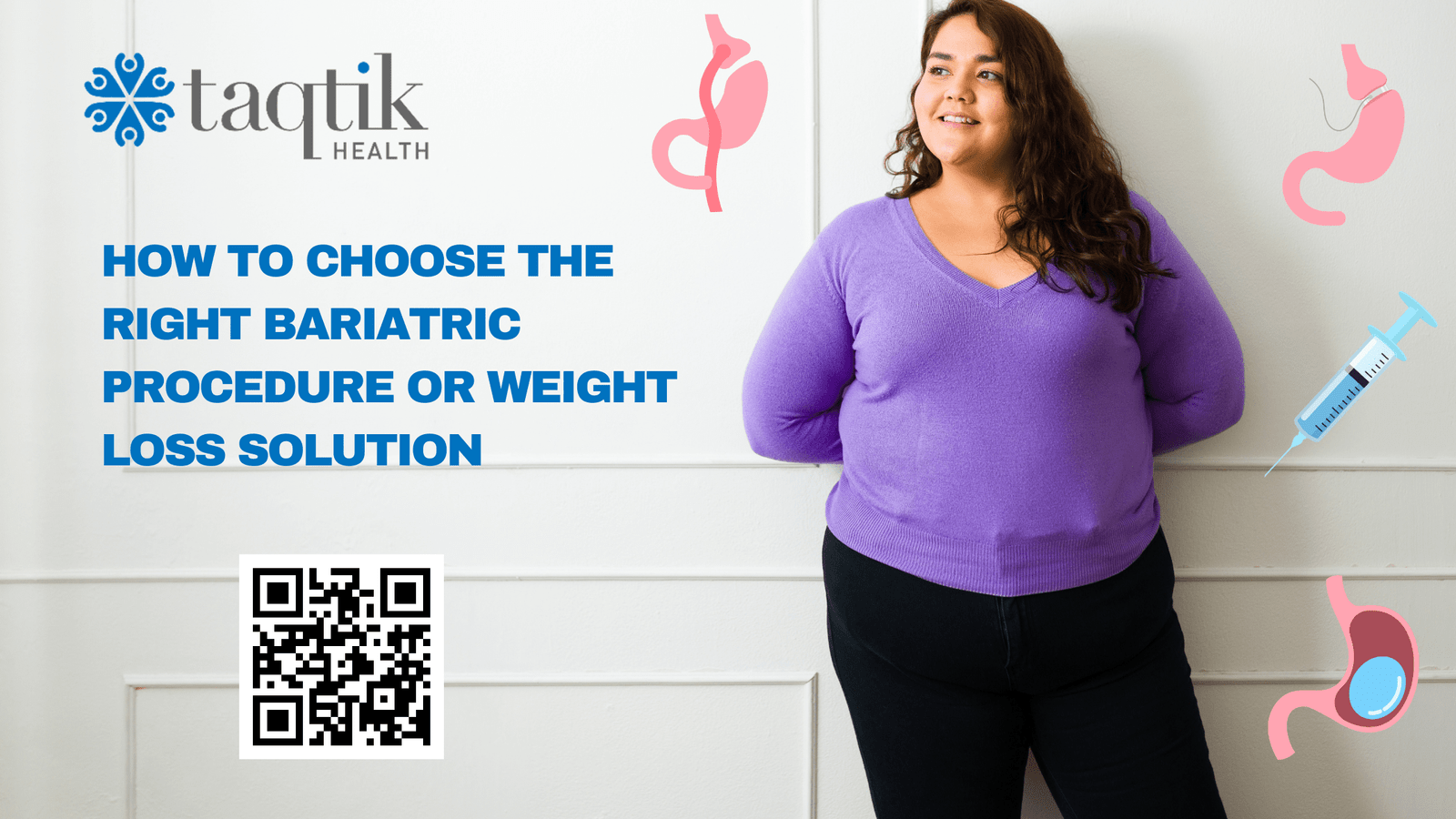
Health Benefits to Fasting
We live in a time of indulgence made easier with eCommerce (we buy more than we need), and we eat more than we should. The reality of COVID-19 should remind us all that managing your personal health is so important. Heart disease or cardiovascular disease (CVD) was not very common years ago but in 2019 (Pre-COVID), CVD was the underlying cause of 9.6 million deaths among men and 8.9 million deaths among women, around a third of all deaths globally. According to WHO, Over 6 million of these deaths occurred in people between the ages of 30-70. The highest number of CVD deaths occurred in China, followed by India, Russia, the US and Indonesia. In 2019 alone more people died of CVD verus the current Global COVID-19 death are 5,223,984 at the time of this post. So what can you do about it?
Benefits to Fasting
There are numerous benefits to fasting. It increases your immunity by stimulating the regrowth of cells that have died, which leads to better overall health and a longer life span. But it is essential to remember that a fast shouldn’t be taken on by everyone because it may not be appropriate for certain health issues. If you’re thinking about going on a fast, it’s essential to talk with a physician before making any plans. A three-day fast is suggested for those suffering with an illness, or receiving chemotherapy.
Another advantage of fasting is that it boosts immunity. A prolonged fasting regimen can renew and replenish the immune cells in your body, and it will eliminate the toxins that are stored inside your body, namely fat. It can also reduce your blood pressure which is an essential aspect in maintaining your physical and mental well-being. Additionally, since it helps conserve your energy and delays fatigue from developing. Fasting is beneficial to those suffering from chronic diseases like diabetes and high blood pressure.
Research on Fasting
Research has shown that intermittent fasting has the potential to lower body weight and help prevent the growth of cancers such as breast. Intermittent fasting may improve endurance and motor coordination. It also reduces cholesterol levels and liver fat. Because it is effective in increasing bowel functioning it is beneficial for weight loss as well as your immune system. Since fasting is beneficial, it will assist in improving mental performance. If you practice it regularly you could even boost the amount of sleep you get.
In studies on animals it has been demonstrated that fasting can slow down the process of aging. Male Wistar rats who were fed on a daily basis until they were weaned were discovered to have an 83 percent longer life expectancy than those fed daily. It is crucial to keep in mind that fasting is not a cause of malnutrition. Instead, it stimulates autophagy, which is the process of recycling old cells that aids in preventing heart disease as well as certain forms of cancer.
Researchers have discovered that fasting is beneficial to physical and mental performance. It is utilized by many religions and plays a significant part in the cultural practices. Although it is true that the advantages of fasting are well-known but there are conflicting scientific studies to prove the advantages of fasting. Many of us are aware that it has the potential to improve our health by reducing cholesterol levels and increasing blood vessels’ expansion. For others it is just the best way to get better health.
What Fasting Does For Your Body
Fasting boosts the level of the human growth hormone that is present in our bodies, which is a hormone that is crucial for building muscles. The increased concentrations of growth hormone in humans provide many other benefits which include preventing the development of age-related illnesses. They also aid in helping to help the body’s immunity systems “reboot” it self. In the end, fasting can lead to longevity and a healthier lifestyle. Human growth hormone can help our immune system to fight harmful bacteria, and also protects us from the effects of age.
Alongside losing weight, fasting can help reduce the risk of getting cancer. Through reducing inflammation and blood sugar levels and the elimination of toxins within the body will significantly reduce the risk of cancer as well as the type II diabetes. In addition, the absence of toxic substances may reduce the spread and growth of tumors. A healthy body means a positive outlook. If you’re worried regarding your weight loss, think about going on a fast. The advantages of fasting to your health are many.
Research studies about advantages of fasting have shown that it may help lower the risk of suffering from cardiovascular disease. Additionally, it can help reduce inflammation levels within the body. Additionally, fasting can improve the brain’s function. It is also linked with decreased chance of developing Type 2 diabetes and reduced chance of developing depression. Although fasting isn’t recommended for all people, it is suggested for those with Type 2 Diabetes. This is a major cause of developing cancer.
Fasting may improve the function of organs and vascular systems. It may reduce the risk of suffering from cardiovascular disease and boost blood circulation. Effects of fasting on blood-lipids, triglycerides as well as cholesterol are astounding. Although the advantages of fasting are not infinite, they are certainly worth taking into consideration. They may reduce the likelihood of suffering from cardiovascular disease reduce the risk of aging and help you live longevity and a healthier lifestyle. This is an excellent option to improve overall well-being and overall health of the body.
Take the Fasting Challenge
Currently, I can fast for up to five (days) quite easily. Not sure I can do the 7 days or the 30 day challenge like many have, but certainly plan to work my way up to these goals. If you are considering fasting consider watching some excellent videos by Dr Steven Eckberg, a former Olympic decathalon champion from Sweden. He provides some great advice on both food, nutrition, exercise, and fasting.










Leave a Comment
(0 Comments)